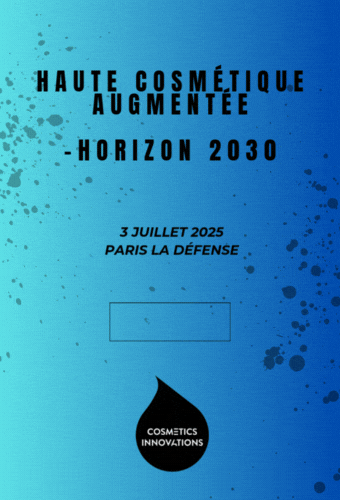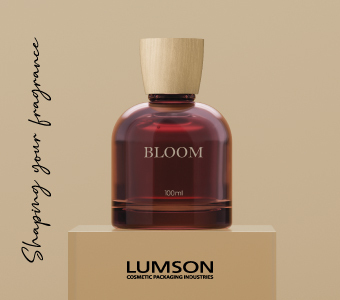Japanese women have exported the "beauty routine" concept that Koreans have developed and amplified. Then came the BB creams, now followed by compact cushions and facial treatment sheet masks. The quest for a flawless skin and for eternal youth is common to Japan and Korea beauty habits. Of course, the Japanese and Korean consumers differ in their approaches to beauty, their average age and their consumption preferences, however Françoise Hernaez Fourrier (full presentation available here below) insists on the reciprocal influences between these two countries, which are geographically very close and also benefit from their proximity with the huge Chinese market. "Cosmetic products enter into China in the wake of the K-pop and Korean TV series," she says.

However, Florence Bernardin (full presentation available here below) points out important differences related to demographics. "Japan is truly becoming the market for anti-aging products and for seniors. Anyone looking for examples of products openly intended for more the 50+ should go to Japan to find them," she says. "The Korean market on the contrary is still driven women in the 30s, but also by government subsidies and by the Chinese demand which strongly boost innovation."
In these fairly conservative societies, competition and the need to appeal to consumers constantly looking for new and highly efficient products, local brands do no hesitate to grow outside the box. For instance, in countries where cleanliness, hygiene and washing, are key cultural elements of everyday life, some cosmetic brands have successfully marketed products addressing the need to maintain the skin’s microbiome in good conditions and offering to boost skin’s "good microbes" by applying various kind of muds on the body.
Nevertheless, the ritual of washing the skin before applying skincare and makeup, or before going to sleep, remains a key element of the beauty routine in both Korea and Japan. Korea’s brand Etude House thus proposes a kit of 12 cleansing care products (one for each month) to adapt washing and meet the different needs of the skin to the changing climate conditions all along the year. Japanese and Korean brands are also increasingly interested in the rinsing and post-cleansing steps of the routine and are launching products that help to maintain a good skin hydration at that moment. This reinvention of washing also requires new approaches, in particular by replacing plain water with vegetable or floral waters.

Among the other developments identified by Florence Bernardin, the progressive evolution of cushion products from makeup to skincare. These small ultra-soft sponges placed in airtight boxes that can be soaked with liquid formulations are also getting increasingly small so as they can be brought everywhere. A good illustration being Primera’s new Baby Sun Cushion SPF32/PA++. With no more than 15 g, the compact fits easily in the bag of the mother who wants to reapply sunscreen easily on her baby’s skin.
Katalin Berenyi, co-founder of French-Korean brand Erborian, which imported the BB cream concept in Europe, insists on the differences between the ideal of Korean beauty and the European one. "To create Erborian, we took inspiration from Korean beauty rituals and from the traditional herbal pharmacopoeia. And obviously, we studied trends and practices of contemporary young Korean women," she explains. "However we have taken great attention to the adaptation of our products, including formulas, to the expectations of French women." Indeed, while Korean women seek to remain eternally in their twenties and to a achieve a skin as perfect as that of a baby, European and especially French women, want a more natural beauty look. “Making a mere copy of a Korean formula would not have worked."
It is a bit too early to predict whether, after the craze for French cosmetics and the revolution that Japanese designers brought on the market with the clear lines of their packaging, the “Hot in Seoul” label could become the ultimate selling argument in the world of beauty! However, the Land of Morning Calm has already acquired a strong influence within the cosmetics industry and now ambitions to compete with French brands in the Chinese market. According to the Korea International Trade Association (KITA), Korean cosmetic brands already hold 22.1 per cent of the market vs. 30.6% for French products.
|
Click on the images to retrieve the full presentations: |



































